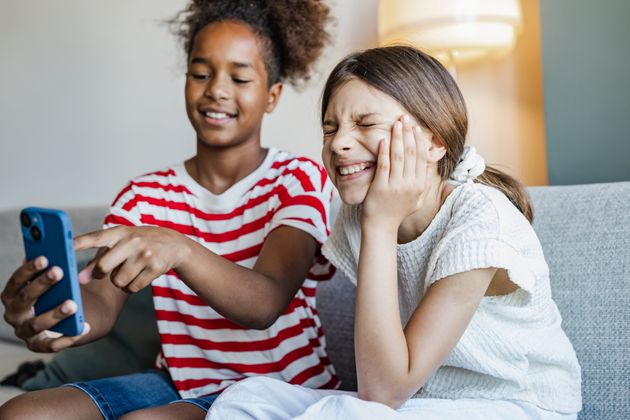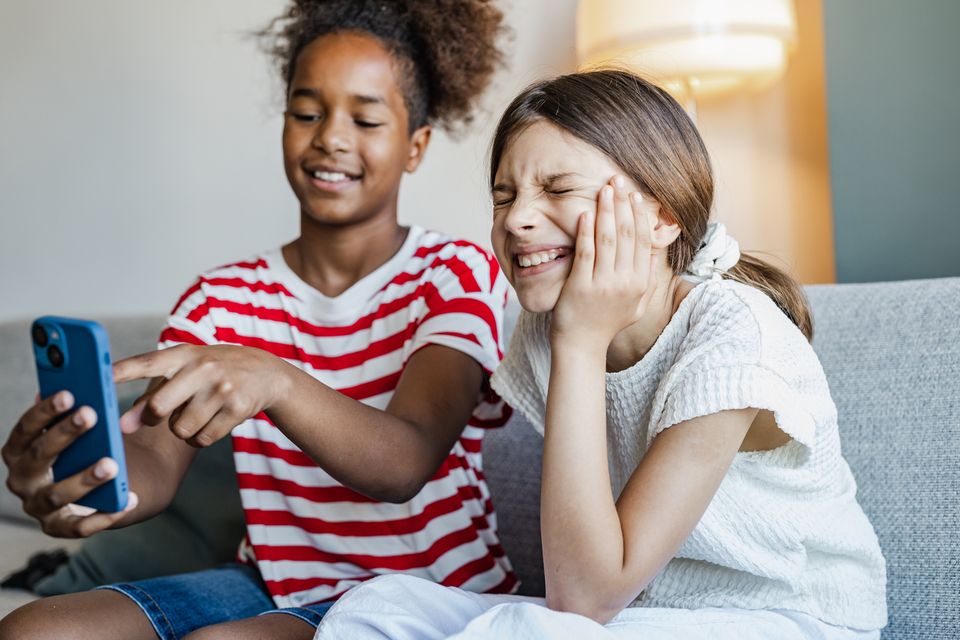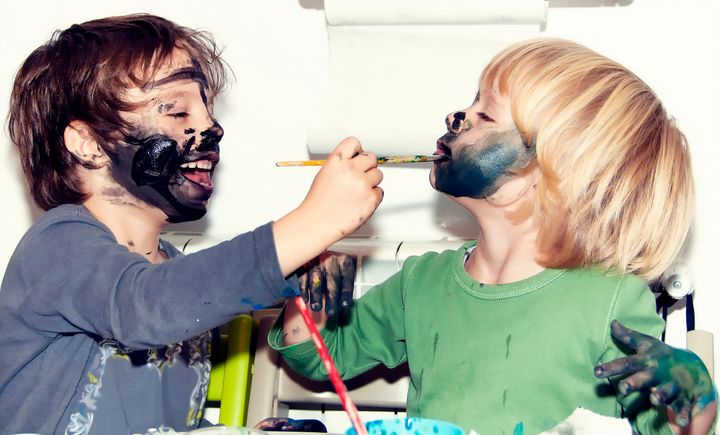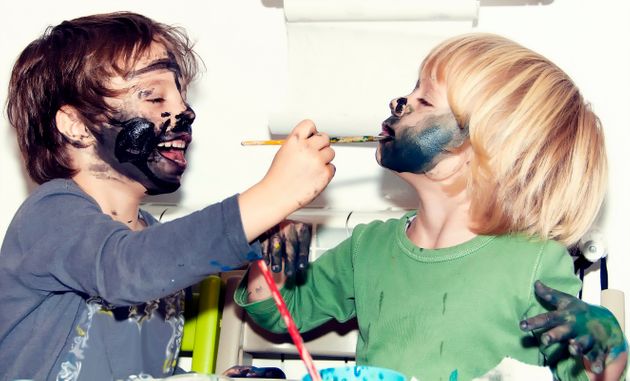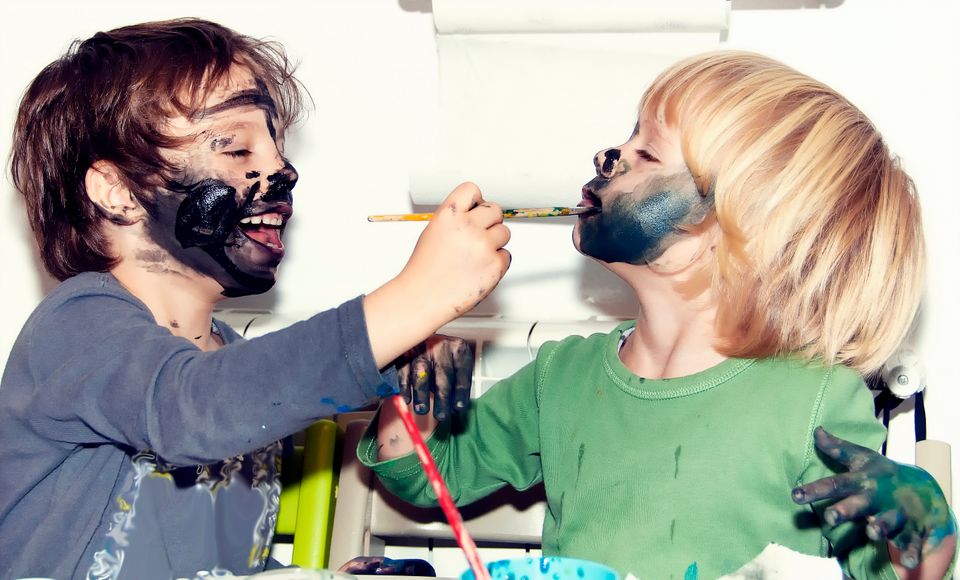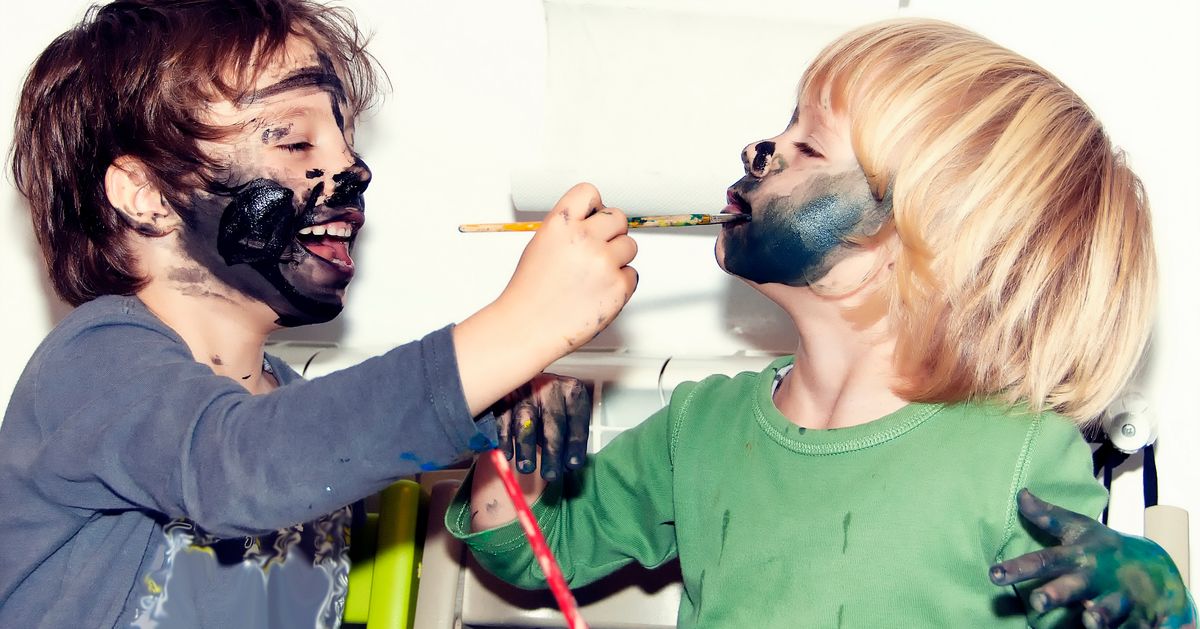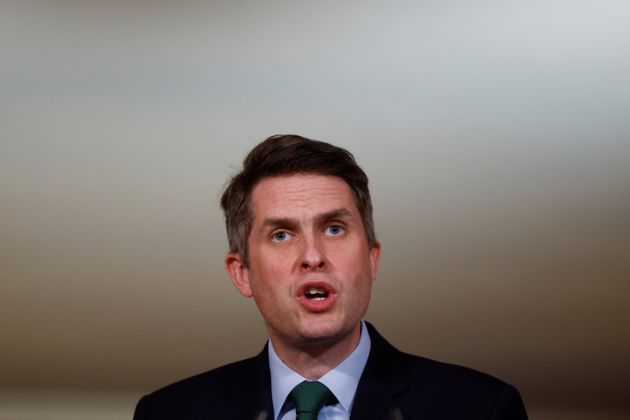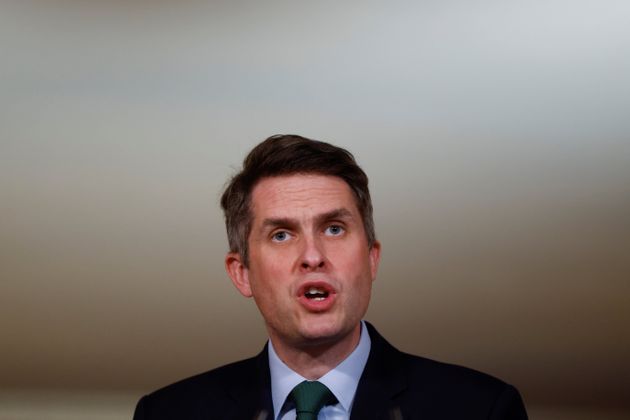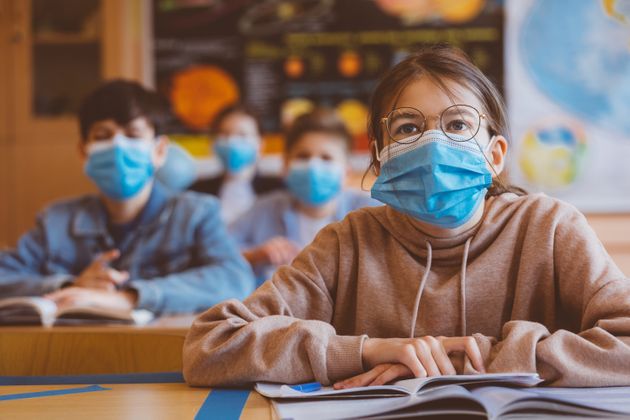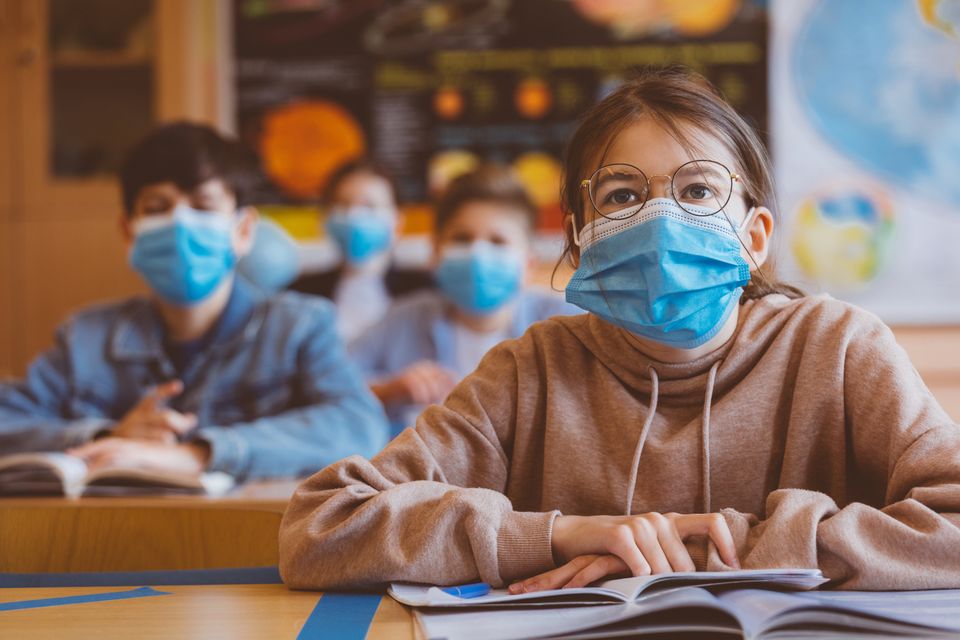The digital record of a child born this century often begins before birth, when a parent shares a grainy sonogram image.
By the time the child is old enough to open their own social media accounts, there may already be hundreds of images of them online, searchable by name, geotag location and facial recognition technology.
Advertisement
But an increasing number of parents are opting out of this “sharenting” norm of documenting all of their child’s milestones on social media.
They might choose to not post any photos of their child at all or only photos in which their child’s face isn’t visible. Some parents block out their child’s face in group photos or make public requests that others do not post images of their child.
There are several reasons why parents decide to protect their child’s digital privacy. They might want their child, once they are old enough to consent, to control the distribution of their own image and other identifying information.
They might also have concerns about the potential for future embarrassment if images of their child are searchable by peers or even college admissions officers and employers.
Advertisement
“Posting photos of kids online also creates a digital footprint that forms their identities in an online world they haven’t chosen to enter,” Erin Wilkey Oh, content director of family and community engagement at Common Sense Media, tells HuffPost.
Parents involved in contentious custody battles, such as those involving restraining orders, may also have an interest in keeping their child’s image and any clues as to their location offline.
Finally, parents may want to prevent companies from collecting information about their child, creating a data trail that will follow them for the rest of their lives.
“Shared photos can be easily traced back to the parent’s identity and social media account, offering data brokers the ability to discern the child’s identity and start compiling digital dossiers on your kids,” Mark Bartholomew, a professor at the University at Buffalo School of Law, tells HuffPost.
Although less likely, there are also darker dangers. “Posting images online is not risk-free,” Pamela Rutledge, director of the Media Psychology Research Center, tells HuffPost. “It increases the chance of things like bullying and stalking or, although rare, even predators.”
Advertisement
How to ask family and friends to not post photos of your child online
Whether you’re the parents of a newborn or you have an older child who has expressed a desire to keep their image offline, you have the right to request that photos not be shared.
It may feel uncomfortable to make this ask. Family members or friends may express disappointment or even feel that you are judging them for wanting to share photos.
Wilkey Oh suggests saying something like: “We’ve decided to not share photos of our child on social media, and we’re asking friends and family to do the same.”
You can take the focus and pressure off others by using an “I” statement.
“The most effective way of voicing an opinion that has implications for the behaviour of others is to own it,” says Rutledge. You might want to say: “I’m not comfortable sharing pictures on social media. Please make sure any of the pictures of my family aren’t in the ones you share online.”
If there are conditions under which you would be OK with a photo of your child being shared, such as their face not showing and location tags being turned off, you can let them know this, too.
Advertisement
“If your child is older and is opposed to such sharing, I’d just tell those family members that you are respecting your child’s wishes,” Bartholomew says.
“If the child is younger, I’d explain that it’s so hard to know what the future costs might be of your child’s digital footprint,” he adds.
When to make the request
“Because posting photos of kids is so common on social media, many people don’t think twice about it,” Wilkey Oh says. She recommends making the request upfront with new teachers, caregivers or other adults in your child’s life rather than waiting until a photo is shared.
New parents have the advantage of starting with a clean slate. It’s easier to maintain a child’s non-presence online than it is to track down images that have already been posted and have them removed.
If you’ve just welcomed your first child, you might send a group text or post a message on your own social media account saying, “We’ve decided not to put any photos of our child on social media to protect their privacy and until they are old enough to consent,” Wilkey Oh says.
Advertisement
If you have shared images of your child in the past but have decided to stop doing so, you’ll have to let family and friends know in advance of gatherings or at the time the picture is being taken.
“Pose a polite but firm statement at the beginning of any gathering where photos are likely to be taken,” Rutledge advises.

Morsa Images via Getty Images
Hopefully you’ll only need to ask once. If it’s just a couple of friends or relatives who continue posting pictures, it may make more sense to speak with those people one-on-one.
You can remind them that your misgivings are not personal to them but with the digital world at large.
Advertisement
“Most people are generally aware of how our online transactions can be compiled and used against us,” Bartholomew says.
“Telling others that you want to at least try to keep your kids out of the digital dragnet until they get older should be a fairly compelling justification for not posting images.”
If they persist in claiming that pictures will be safe on their accounts, you may need to explain that even with privacy settings, “pictures can still make it into the hands of those outside the approved circle,” Rutledge says.
She also notes that in the case of Facebook and Instagram, their parent company, Meta, retains the rights to any photos you upload.
Some people may “dismiss your concerns as silly or overprotective,” she adds, but you have the right to draw these boundaries and do what you think is in the best interest of your child for the long term.
Advertisement
“Not respecting the privacy rights of kids can seriously damage trust and relationships as they age at a time when you most want the lines of communication to stay open,” Rutledge says.
Another consideration is that your child will have their own phone and social media accounts one day, and you have a brief chance to serve as a role model.
Sandra Cortesi, director of youth and media at the Berkman Klein Center for Internet & Society at Harvard University, tells HuffPost: “If parents decide not to share photos, and explain why not, this might help children to make better decisions down the road as well.”
When possible, Cortesi suggests involving kids in these conversations about privacy.
“One approach is for parents to share a few age-appropriate ‘hypotheticals’ with family members to illustrate how sharing of photos might have different consequences depending on context and over time,” she explains.
For example, a photo of a teen at a party might seem like harmless fun to the person who posted it, but look like bad judgment to a college admissions officer.
Advertisement
Ideally, Cortesi says, you’re having regular conversations with family and friends about the sharing of photos and other information.
“With such shared context, it’s much easier to have a discussion about children’s data privacy in the moment of taking a picture or video,” she says.
You can also offer up some alternative sharing options
Wilkey Oh suggests that parents “have some alternative sharing methods in place to share special moments or milestones of a child with family and friends”. These could be a group text or a private photo sharing site that’s accessible only to those invited.
This way family members can easily share images with each other without the risks of those images being posted in a public space.
What to do if there are photos of your child online that you want taken down
If there are public images of your child that you or your child would like taken down, you can ask the owner of the account to do so.
Advertisement
Though advertisers may have already collected data from the images, this can solve the problem of those images being searchable in the future – provided that they haven’t been copied and posted elsewhere.
If that fails, you can also contact the platform and make the request to have the images taken down. Wilkey Oh notes that the help centres on Facebook and Instagram have instructions for doing this, although there’s no guarantee if, or when, the companies would respond.

